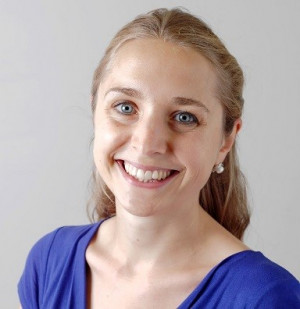L’effet négligeable de l’accès à la contraception gratuite sur la fécondité : Preuves expérimentales au Burkina Faso
The Negligible Effect of Access to Free Contraception on Fertility: Experimental Evidence from Burkina Faso
Intervenante : Pauline Rossi (professeur à l’Ecole Polytechnique-CREST & chercheuse affiliée au CEPR (The Centre for Economic Policy Research) ; discutante : Heini Vaïsänen (chercheuse Ined, UR14, maîtresse de conférence à l’université de Southampon)
We conducted a study among 14,545 households in rural Burkina Faso to test the oft-cited hypothesis that limited access to contraception is an important driver of high fertility rates in West Africa. We do not find support for this hypothesis. Women in communities randomly assigned to have free access to medical contraception for three years did not have lower birth rates; we can reject even modest effects. We cross-randomized additional interventions to correct possible inefficiencies leading to high demand for children, specifically misperceptions about the child mortality rate, limited exposure to opposing views about fertility and contraception, and social pressure. Free contraception did not reduce fertility even in combination with these other interventions. Our results suggest that policies aimed at reducing fertility through family planning interventions may have limited impact in these contexts since high fertility rates are driven by other factors.
Biographie de Pauline Rossi :

Pauline is an Associate Professor of Economics at Ecole Polytechnique-CREST. Her research lies at the intersection of development economics and family economics. She studies how economic incentives and social interactions shape population dynamics. Her approach combines economic theory and microeconometric methods such as randomized control trials, natural experiments and structural models. In 2021, she was awarded an ERC Starting grant for her project "Peers and Possible Partners: Exploring the Origins of Population Long-term Equilibria" (P3OPLE).
